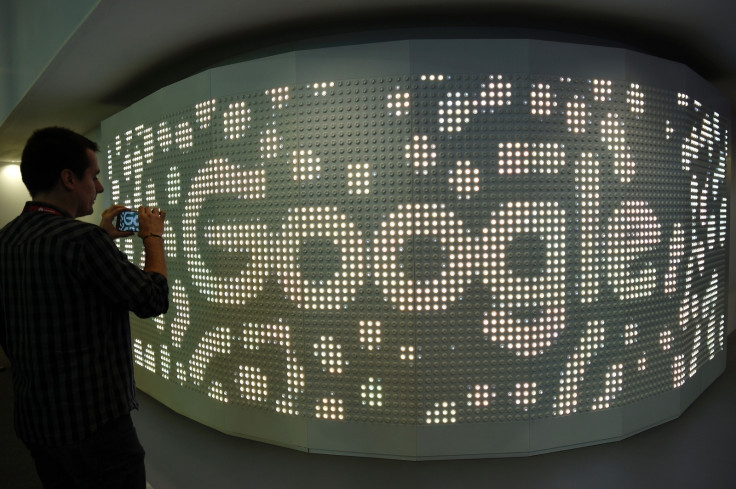Google You Owe Us: Search engine sued for £2.7bn on behalf of 5.4 million people

KEY POINTS
- Google is accused of selling millions of users' data without their consent.
- People who had an iPhone 2011-2012 could receive £200 compensation each.
Google could be forced to pay £2.7bn in compensation after it was accused of selling the data of more than five million iPhone users without their consent.
A class action has been launched against the search engine giant over claims it harvested the browsing histories of users of Apple's device by using an algorithm bypassing the default privacy settings on the iPhone. This released data from default browser, Safari and is known as the 'Safari Workaround'.
The campaign spearheading the case, titled Google You Owe Us, is aiming for some the 5.4 million affected users to get payouts of hundreds of pounds.
Google allegedly harvested the data between June 2011 and February 2012. The campaign claims this breached section four of the Data Protection Act and the case is expected to be heard in the High Court in 2018.
Former Which? director Richard Lloyd, who is spearheading the campaign, said that it was a "major breach of trust" for iPhone users and the legal case is one of the "biggest fights of my life".
"Through this action, we will send a strong message to Google and other tech giants in Silicon Valley that we're not afraid to fight back if our laws are broken. In all my years speaking up for consumers,
"I've rarely seen such a massive abuse of trust where so many people have no way to seek redress on their own," he said.
In a statement to the BBC, Google said: "This is not new - we have defended similar cases before. We don't believe it has any merit and we will contest it."
The case is being supported by law firm Mishcon de Reya but such mass legal action is not common in the UK.
However on the same issue, in 2012, the web giant paid a record $22.5m (£16.8m) in a case brought by the US Federal Trade Commission (FTC).






















